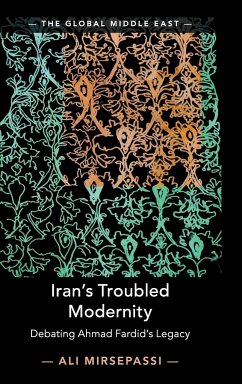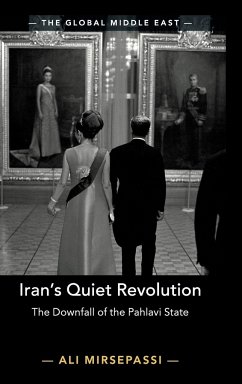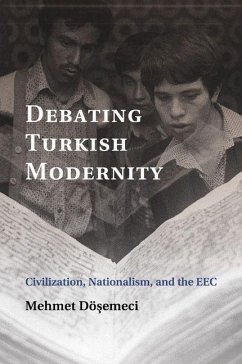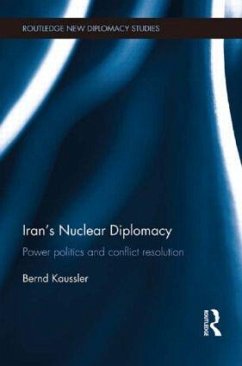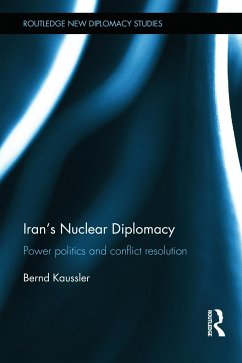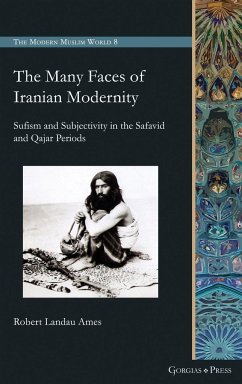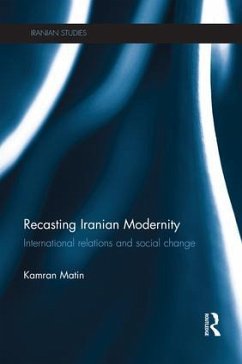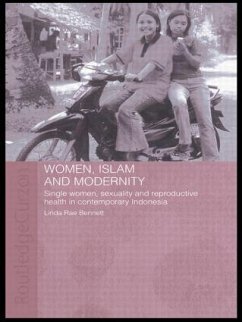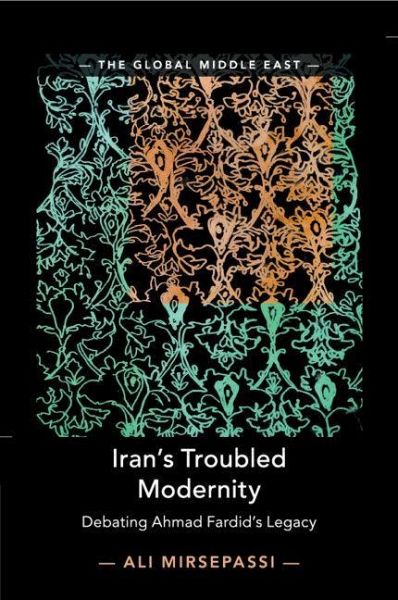
Iran's Troubled Modernity
Versandkostenfrei!
Versandfertig in 1-2 Wochen
47,99 €
inkl. MwSt.
Weitere Ausgaben:

PAYBACK Punkte
24 °P sammeln!
Ahmad Fardid (1910-94), an 'anti-Western' philosopher, became the self-proclaimed philosophical spokesperson for the Islamic Republic, coining the term 'Westoxication'. With thirteen interviews relating his colourful life and intellectual legacy, Mirsepassi sheds light on Iran's twentieth-century intellectual and political self-construction.





